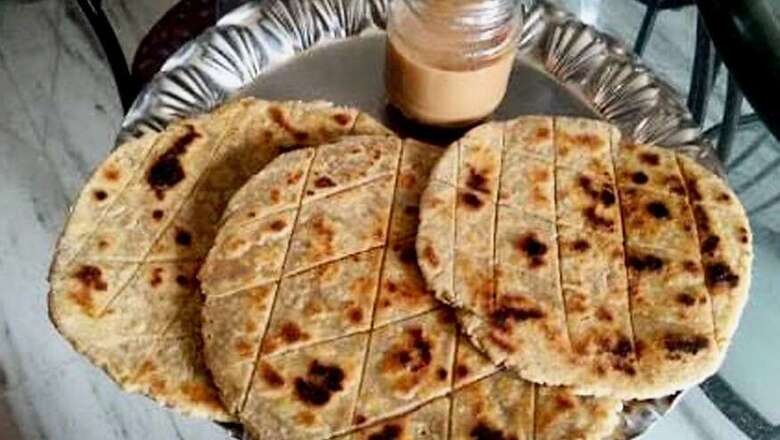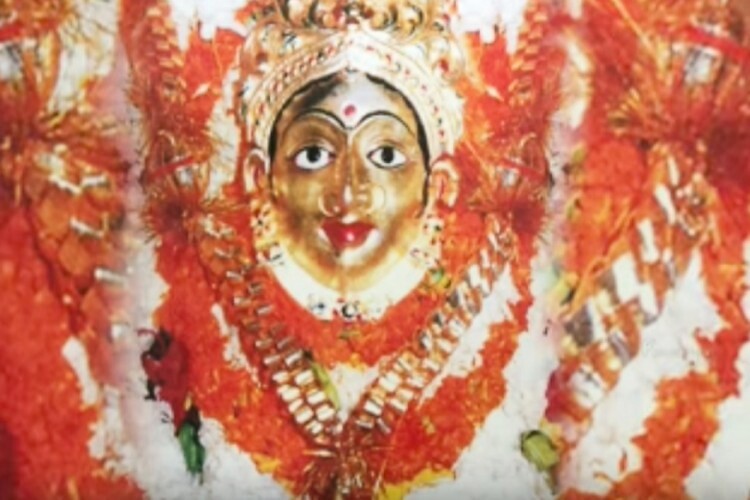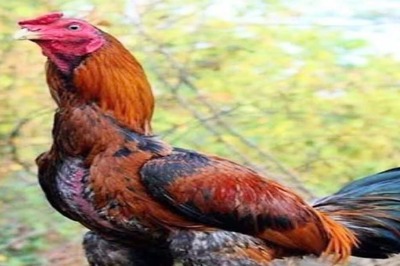
views
Post the 1947 partition, thousands of Sindhis sailed from Pakistan to India. Leaving behind their wealth, land and all earnings, they started from scratch to rebuild their lives, literally. Sindhi community, of which little is known, is trapped in the stereotypical portrayal as loud, blingy and money-minded people, courtesy Bollywood films (which is not really true). Despite being recognised as one of the official languages in India, a lot of facts about the culture and tradition still remain to be unveiled.
Every culture is recognized and known by its enriching festivals, rituals and traditions. While there are some celebrations that are common to different cultures, there are still others which are specific to some cultures. One such festival is that of ‘Thadri’ which is celebrated with full enthusiasm and vigour by Sindhis worldwide.
As people gear up to celebrate this day, we bring you a list of things you may not have known about this festival.

- Thadri, which essentially means ‘cold’ in Sindhi language is a day dedicated to Shitala Devi, one who is believed to cure poxes, sores, ghouls, pustules and diseases.
- It is believed that thousands of years ago, when the land of Mohenjo Daro was dug, a statue of Shitala Devi was found and since then this day is dedicated to the deity.
- While Thadri is celebrated 8 days post the auspicious festival of Rakshabandhan, the preparations actually begin a day in advance. Delicacies including koki (sweet floured cakes), lola (fried cakes) and dry cooked dishes such as potato, bhindi, karela are prepared a night before and then prayers are offered in front of the gas stove. Once the prayers are made, a few drops of water are sprinkled on the main stove in order to appease Shitala devi mata. On the main day, neither the stove is lit nor is any meal cooked.
Happy Thadari Everyone!! ☺️????https://t.co/HVcL4nKAG7 #Sindhi #SindhiFood #FoodBlogger #Bhopal @AmritaOfLife pic.twitter.com/42tVKDChlS— The Super Chatori (@MudraKeswani) August 24, 2016
- Kids and teenagers are specially included in the prayer ceremony.
- While the younger members of the family are gifted a token amount, some gifts, fruits and other delicacies are also sent to close relatives’ home which is referred to as ‘Thadri ka Dinh’.
With the advent of science and technology, the theories might have changed but the feeling of togetherness and celebration still hooks the community to celebrate this festival.


















Comments
0 comment